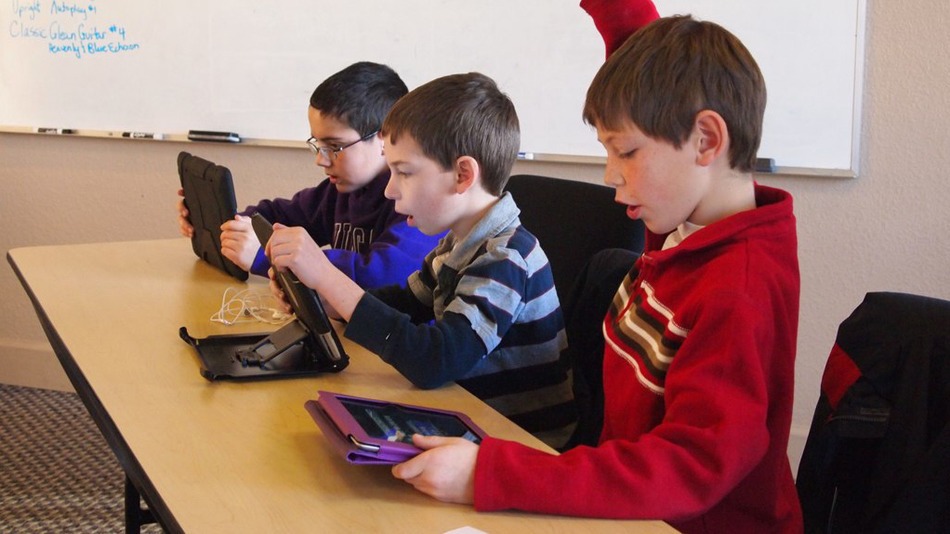BENEFITS OF GAMIFICATION IN THE ONLINE CLASSROOM
Computer games are an essential piece of regular day to day existence for some individuals, and all sexes of any age think about messing around as a component of their daily schedule. As indicated by Statista, individuals between the ages of 15 and 19 in the US spent a normal of 49 minutes every day gaming or on relaxed PC use in 2018.
As per the 2019 Evolution of Entertainment study, 73% of Americans matured two or more seasoned play computer games each day. While this traverses everything from program based games like Adventure Academy, ABCMouse, Spider Solitaire Challenge, or Minecraft to worldwide blockbusters like Fortnite, there is a reasonable craving for a day by day portion of gaming fervor. Accordingly, educators can exploit a similar drive and enthusiasm for performing without losing any scholarly uprightness in the virtual homeroom.
Gamifying the learning experience is a huge pattern, not least since youngsters are frequently more slanted to mess around than commit time to their schooling. Essentially, gamification need not be mind boggling. Instructors can use existing gamified stages like Dyslexia Dragon or change their current conveyance strategies. This could include adding tests and identifications, theming learning materials around various levels, and substantially more.
Anybody thinking about adding gamification to their web based learning routine ought to be urged to do as such, and we present four incredible motivations to do precisely that.
1. Joining Learning and Gaming Develops Additional Skills
Homeroom realizing, regardless of whether physical or virtual, regularly centers around direct turn of events. The educator's job is to bestow explicit information and abilities, frequently as indicated by an educational program. This is to be lauded, as it is the establishment of instruction, however gamification can add another layer of proficiency to the learning interaction.
A result of game-based learning affects youngsters learning objective setting, performing various tasks, extra intellectual abilities, and considerably more. Exploration by The World Health Organization (WHO) demonstrates that the advantages offset the downsides among youngsters. Those conveying that learning can give information while building a heap of abilities that course readings can't repeat.
2. Gamification Dwarfs the Fear of Failure
Some youngsters are so worried about the dread of disappointment that it's anything but a substantial effect on their schooling. Thus, they are less inclined to resolve to answers and regularly reluctant to recommend them because of stresses over how they might be seen following a mistaken answer.
Computer games accompany an assumption for disappointment. Some portion of the allure is that not very many individuals get everything right the first run through. Students are molded to handle difficulties and adjust their methodology for the following endeavor, boosting their basic reasoning abilities.
3. Game-Based Learning Provides Short-Term Rewards
Educators don't have the hours in the day to praise understudies for each little thing they do well all through their schooling. Games have no such constraints. The basic, computerized grant of an identification or progress to another level can be everything necessary to urge a youthful student to advance to the following stage, adamantly and eagerly finding out additional.
Numerous individuals have encountered needing to play only one more game or playing until they lose, and similar thoughts can apply to gamified internet learning stages. Subsequently, understudies continue to more unpredictable difficulties not on the grounds that they are advised to but since they need to, and learning is in every case more open among willing members.
4. Gamifying the Learning Experience
Numerous understudies feel compelled by scores and grades. Nonetheless, similarly as making games out of their experience can assist with combatting the dread of disappointment, connecting these scores with a game can have a significant effect. The energy to progress nicely and continue onward to new subjects will see more students cooperating and talking about content. Those that do well will be properly glad for their scores, and those that discover the games being even more a test will associate with their schoolmates for tips and direction.
We sit at the beginning phases of gamification in the study hall, yet it is now demonstrating the wellspring of fabulous freedoms. New instructive games hit the market constantly, and there are minimal expense openings for all educators to carry out some of what their understudies love in the learning experience. Furthermore, with the notoriety of computer generated reality, expanded reality, and man-made reasoning expanding quickly, there are limitless freedoms to improve learning through games.




Comments
Post a Comment